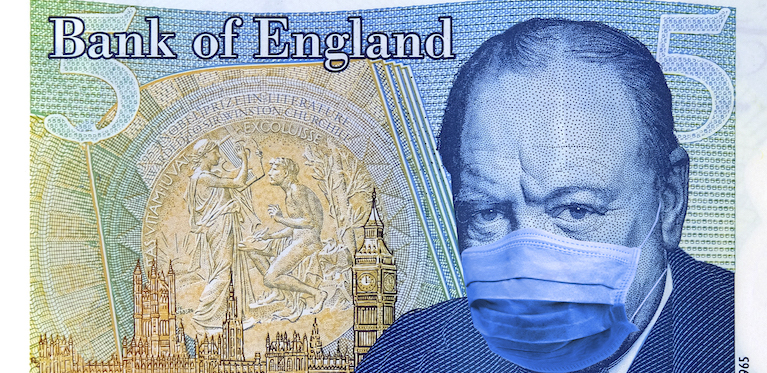Warning: Fraudsters are using our brand to target individuals. Loans 2 Go will never ask for upfront fees. If affected, please contact us & learn more here.

Sort out your finances and save money post-lockdown with help from Loans 2 Go…
As lockdown restrictions are gradually beginning to ease, many of us are having to take a good look at our finances and wondering how on earth we are going to get back on track again.
In a recent article Financial help during the Covid-19 pandemic, we looked at the various sources of financial help available to people affected by Covid-19. The Coronavirus Job Retention Scheme (furloughing) will now continue until the end of October, and those eligible to the Self-Employment Income Support Scheme (SEISS), will be able to claim a second and final grant in August as well as the first grant in June.
So there is still some help available over the next few months, but over and above that, what can you do to start sorting out your finances?
There are three key steps that you need to take to get on top of your finances.
Getting on your feet financially is very similar to any other challenge in life, in that getting started is often the biggest obstacle to overcome. Many of us find anything to do with money difficult and scary. So we try to ignore it and hope it will all just sort itself out somehow.
But you really do have to understand the big picture of where things are at. You need to know this before you can begin to move forward.
So the first thing to do is to make two lists. The first list is of your assets i.e. all the money that you have available. For example, money in your bank account, savings and investments. If you own a home and/or car, it’s also worth estimating the value of these, just to give you a complete picture of your financial health.
Your second list should be of your debts i.e. everything you owe. Include mortgage (if you have one), other loans, bank overdrafts and credit cards.
You need to be particularly concerned about your non-mortgage debts. A mortgage is generally viewed as “good” debt ie a debt that is necessary to keep the roof over your head. You are also hopefully building up some equity in your home that can help you later on. But non-mortgage debts are classed as “bad” debts because they often carry high rates of interest which means they are difficult to repay and can easily spiral out of control. To learn more about the difference between good and bad debt, read our article Is there such a thing as good debt?
So when you take a look at the big picture of your finances it may be worth seeing if there is any bad debt that you are in a position to repay. Because if that bad debt is causing you to struggle from month to month and get more into debt, it could be better to get rid of that debt even if that means dipping into your savings. So paying off debt could help you to save money.
But first let’s look more at the month to month situation.
Having a clear monthly budget – and sticking to it – really is the only way to sort out your ongoing finances. So many of us overspend each month without really realising it, and this just leads to your bad debt – such as overdraft and credit cards – climbing up and up.
So there are now two more lists to make. It’s up to you whether you do this in a notebook or on a computer or app. But it needs to be done.
The first is a list of your expenditure i.e. everything you spend each month. Start with all your regular payments such as mortgage/rent, loan/card repayments, household bills, subscriptions etc. If you don’t already pay these by direct debit then it’s a good idea to do so. You will then know that the bill is going to be paid without you having to remember to do it, and can see how much money is going out of your bank account and when. You may also find that some suppliers – eg energy companies – offer additional discounts to customers who pay by direct debit so you may be able to save money this way
Then add to your list other essential spending such as food, toiletries, transport to work, and pet care. Also add on all non-essential spending. This includes everything that you are likely to spend money on regularly once lockdown is completely eased. For example entertainment, sports, travel, clothes, hairdresser etc.
Your second list is your income – ie all the money that you have coming into the household every month. Not just salaries but anything else – for example tips, bonuses, benefits, interest, and rent or other contributions from family.
You should now have a more realistic idea of how your finances are looking on a month by month basis.
But now it’s time to make it all work.
Your goal now is to make your budget work for you. Ideally you want to be in the position where your expenditure is significantly less than your income. This way, you will be able to start saving money. But at the very least, you must work towards your expenditure not being greater than your income. If you have more money going out than you have coming in, you are going to slide further and further into debt each month.
So as from now you need to start adjusting your budget to make things work for you. Here are five ways that you can do this:
If you need any help with getting your post-lockdown finances back on track then do get in touch with us at Loans 2 Go.